T4K3.news
Three women charged in The Gambia FGM case
Three women were charged under the 2015 ban after a one-month-old girl died following a grandmother-led FGM procedure in Serrekunda.
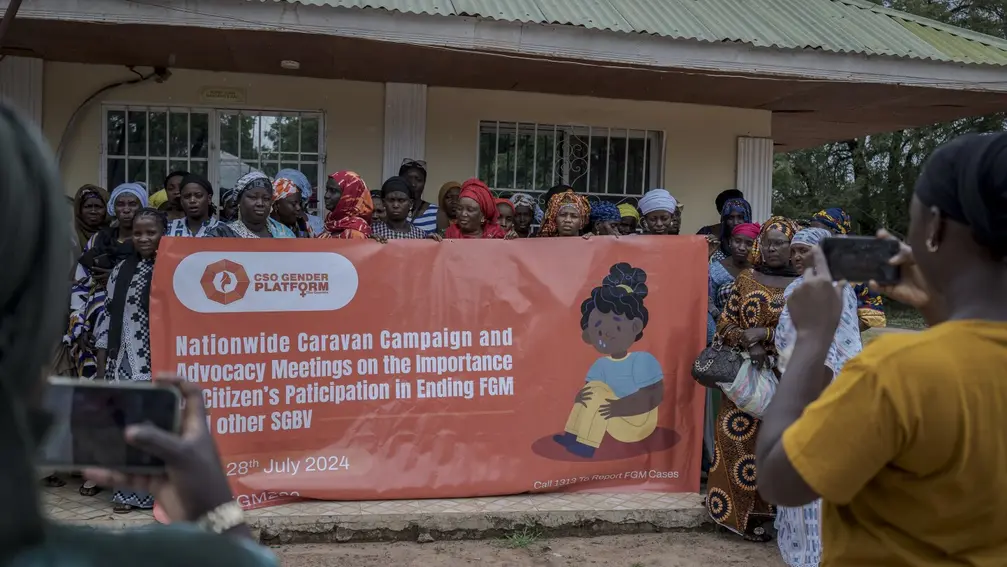
Three women in The Gambia have been charged in connection with the death of a one-month-old girl who underwent female genital mutilation.
Three women charged in The Gambia after infant dies from FGM
Three women have been charged under The Gambia's 2015 Women’s Amendment Act in connection with the death of a one-month-old girl who underwent female genital mutilation. One suspect faces life imprisonment, while two others are charged as accomplices. Preliminary findings say the child suffered severe bleeding after the procedure and died on arrival at Bundung Maternal and Child Health Hospital.
The case comes as The Gambia continues to debate FGM. The ban remains in place, but critics say the practice persists in secrecy. The United Nations estimates that about 75% of Gambian women have undergone FGM, and the World Health Organization describes the procedure as a form of torture, underscoring a global health and human rights perspective.
Key Takeaways
"Our task now is clear enforce it fully and fairly without fear or favor"
Statement attributed to a government or rights body referencing enforcement
"Justice must not only be done but must be seen to be done"
Civil society reaction about accountability in the case
"The people of The Gambia have consistently expressed opposition to the ban"
Opinion from a rights group about public sentiment
"FGM is a form of torture"
WHO description cited in reporting
The case highlights a clash between cultural tradition and women’s rights. Supporters argue FGM is part of local culture and religious life, while opponents insist on protecting girls’ autonomy and health. Enforcement could trigger social tensions or political pushback from communities that oppose repeal. The government faces pressure to show results without alienating supporters of the ban.
International norms add pressure. Prosecutions could influence how The Gambia balances sovereignty with global human rights standards, and may shape future lawmaking and community programs around girls’ protection.
Highlights
- Our task now is clear enforce it fully and fairly without fear or favor
- Justice must not only be done but must be seen to be done
- The people of The Gambia have consistently expressed opposition to the ban
- FGM is a form of torture
Policy conflict and social backlash risk
The case heightens debates over the FGM ban, cultural norms, and potential backlash from communities opposed to repeal. Enforcement could provoke political tension or civil society pushback.
Justice here could define how The Gambia navigates tradition and reform.
Enjoyed this? Let your friends know!
Related News
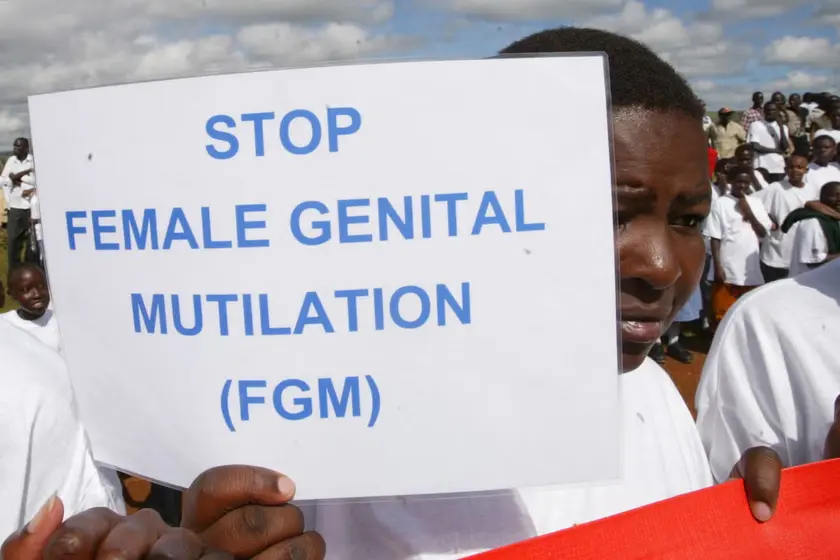
Gambia FGM case moves to court

Thomas Partey granted bail amid serious charges
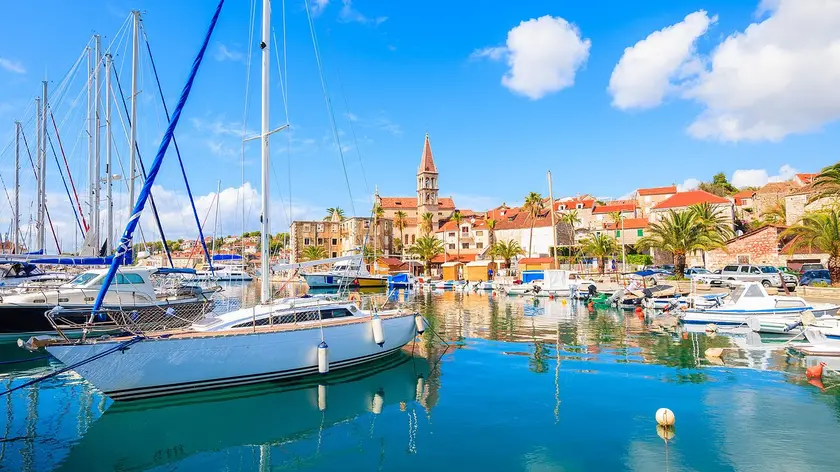
Three British men face serious charges in Croatia after alleged gang rape
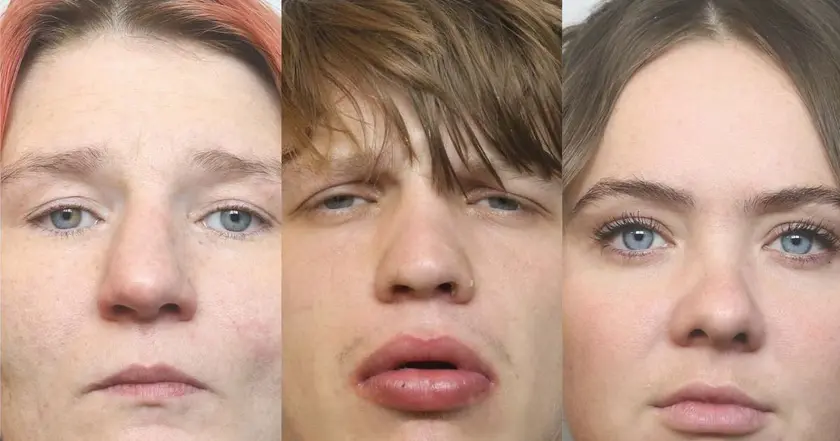
Merseyside jails 66 criminals in July
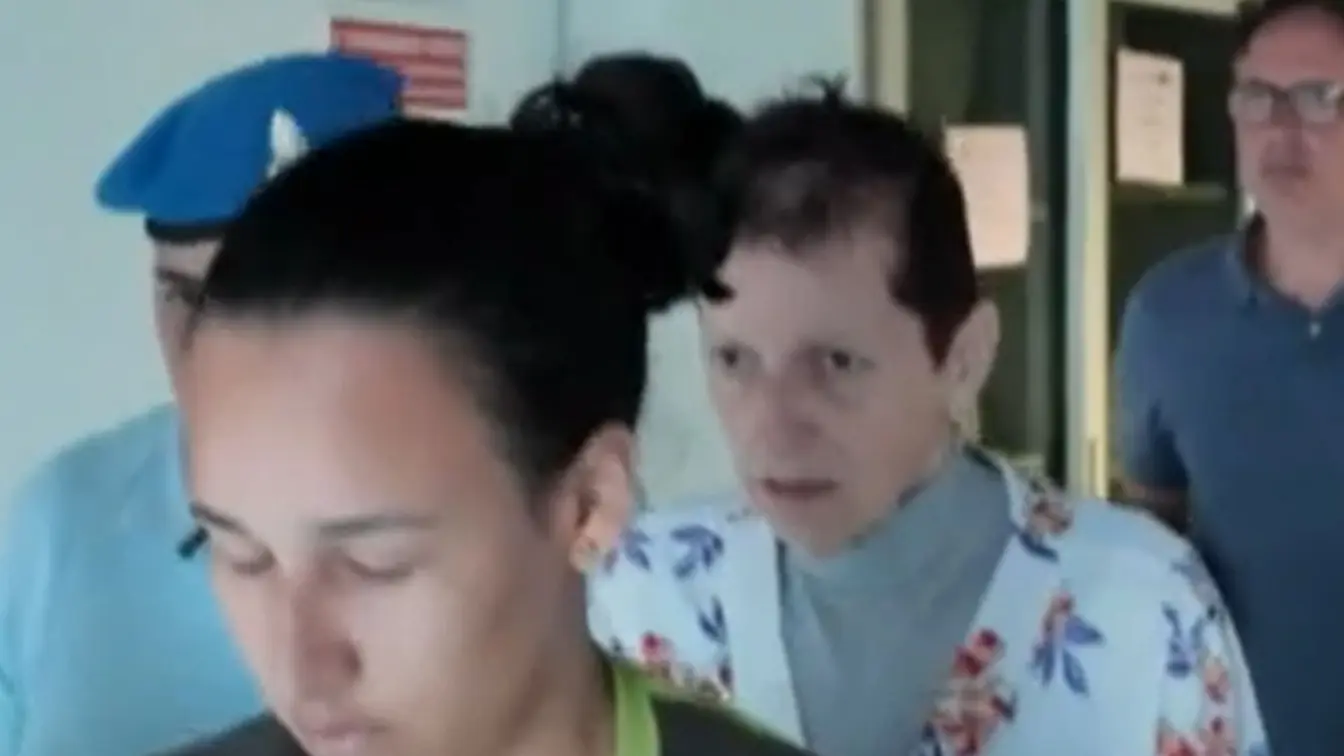
Mum confesses to murder in Gemona del Friuli

British women arrested in Mauritius for cannabis smuggling

Cassie Ventura Posts on Instagram After Diddy Trial

Eight individuals sentenced for murder of Maryann Measles
